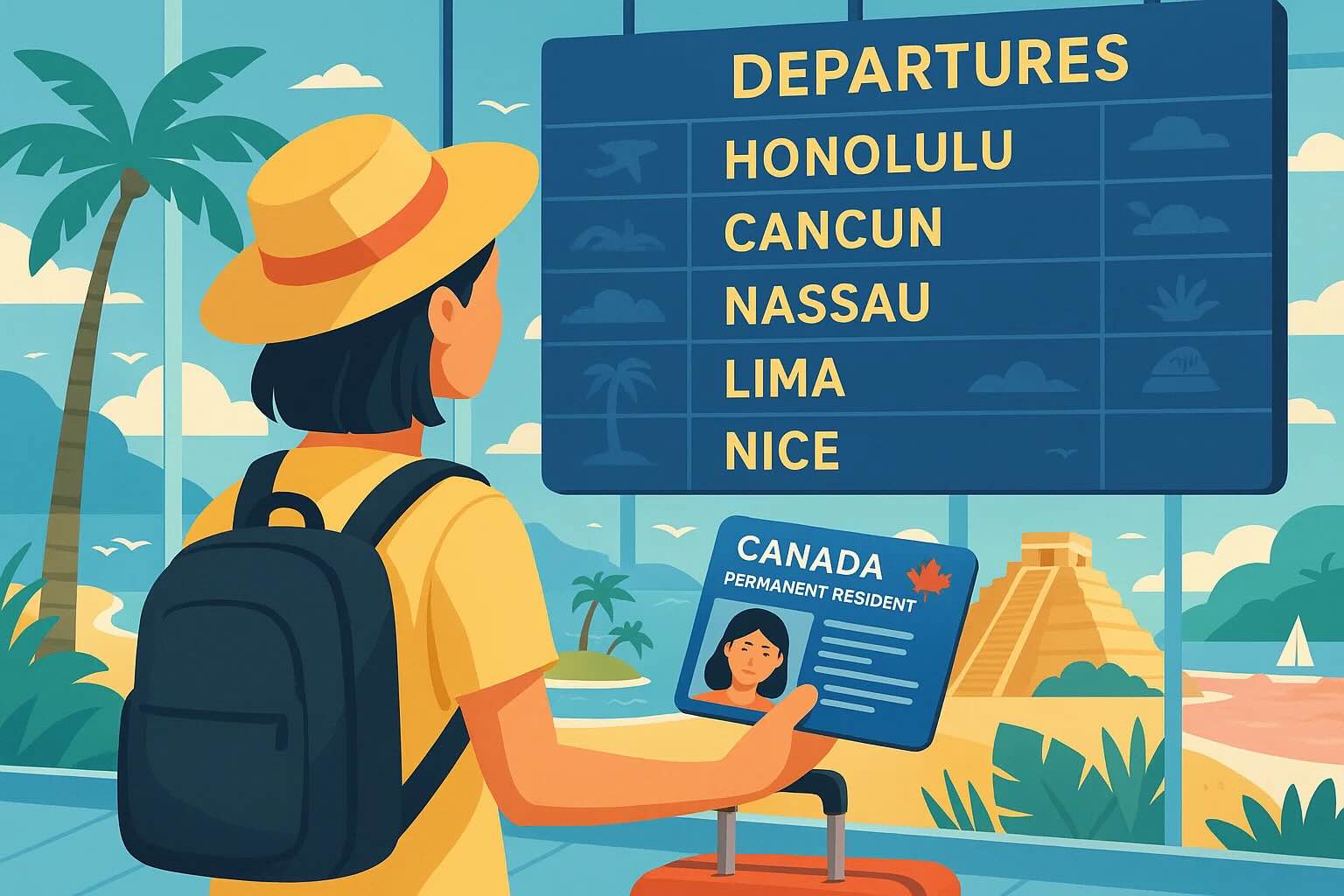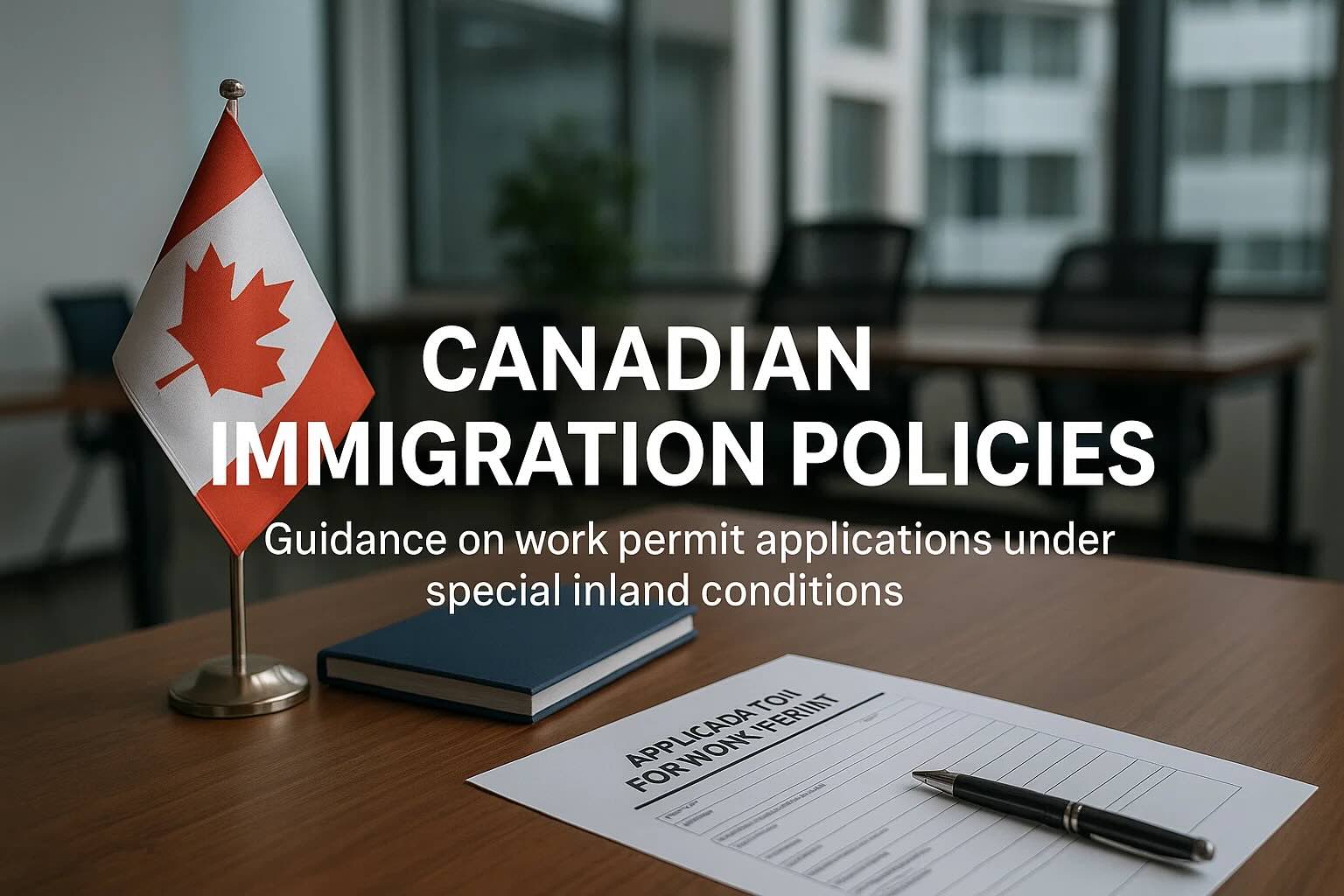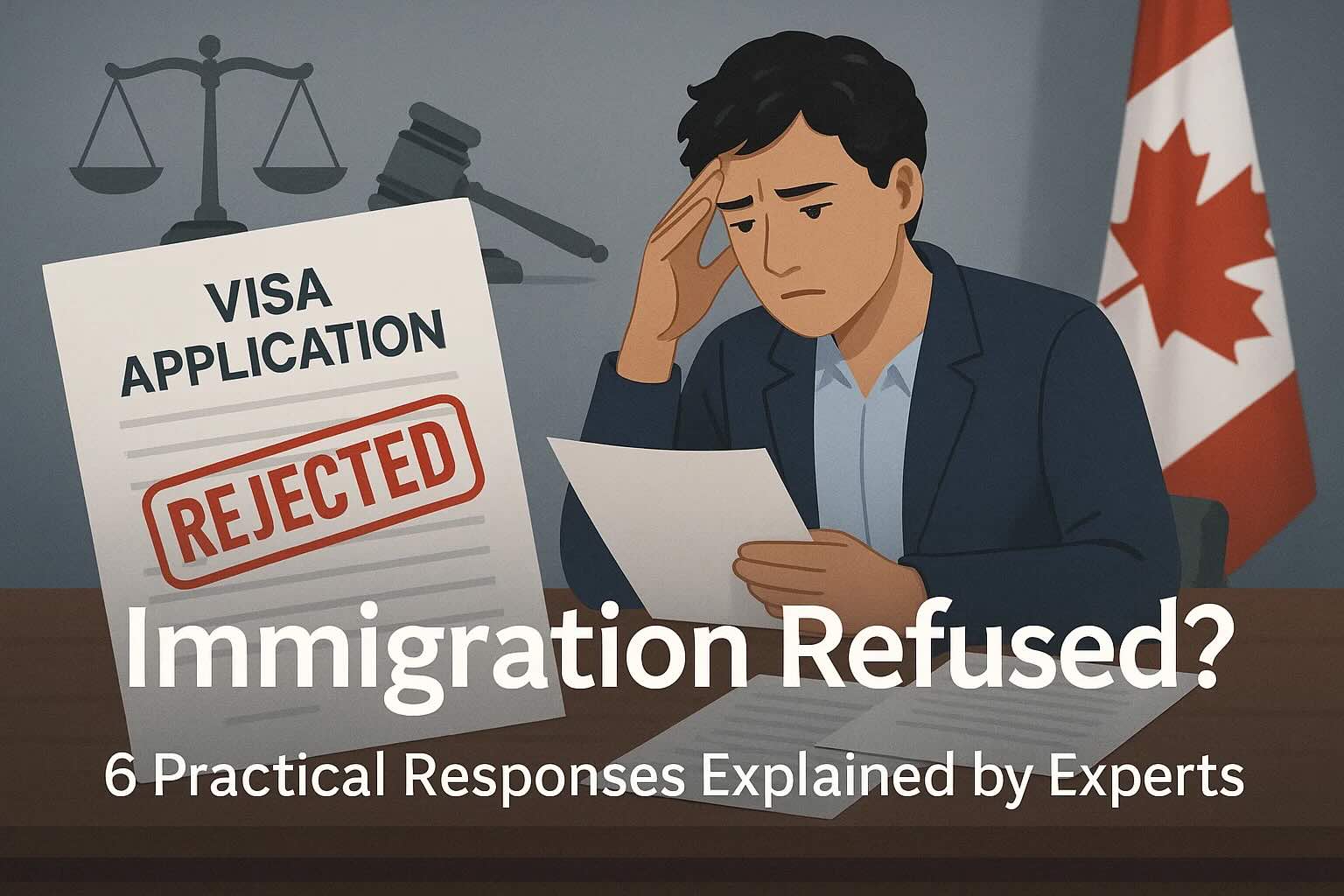
Annual Review of Canadian Immigration Processing Times: Significant Fluctuations Across Application Types, Waiting Periods Double for Some Programs
Immigration, Refugees and Citizenship Canada (IRCC) regularly updates processing times for various visa and immigration applications for applicant reference. This article provides an in-depth analysis of changes in processing times for major permanent resident, temporary resident, and citizenship applications over the past year (comparing current data with that of June 25, 2024). Data shows that while processing times for programs under the Express Entry system have maintained high stability, others, such as Provincial Nominee Programs (non-Express Entry) and inland spousal sponsorships (outside Quebec), have seen substantial increases. Meanwhile, processing efficiency for some overseas work permits and inland study permits has improved. Understanding these dynamics is crucial for applicants planning to come to Canada.
05/30/2025

New Perk for Canadian Permanent Residents: Enjoy Visa-Free Access to Eight Popular Destinations with a Short Flight
For Canadian permanent residents (PRs), an often-underestimated benefit of their status is the opportunity for more convenient international travel. Without the need for cumbersome visa applications, PR status holders can, with their Canadian permanent resident card and a valid passport, easily visit numerous countries and regions for short-term tourism or stays. This article highlights eight visa-free destinations accessible via short flights from major Canadian cities, detailing their visa-free stay durations, flight times, respective tourist attractions, and any potential special entry requirements, offering a practical guide for your next trip.
05/28/2025

No News After Submitting Your Canadian Immigration Application? IRCC's Official Guide to Tracking Your Status
For many Canadian immigration applicants, knowing if Immigration, Refugees and Citizenship Canada (IRCC) has promptly received their application after submission is crucial. This article, based on official IRCC information, details the confirmation methods for different submission routes. This includes instant feedback and subsequent 'Acknowledgement of Receipt' (AOR) for online applications, tracking services for submissions via Visa Application Centres (VACs), and proof of delivery and online account linking for paper applications, helping applicants effectively track their progress and reduce anxiety.
05/23/2025

Newfoundland and Labrador Continues EOI Invitations Amidst Allocation Adjustments
Newfoundland and Labrador issued 328 Invitations to Apply (ITAs) on May 8, 2025, in its second round of draws through the new Expression of Interest (EOI) system. This system, implemented on February 19, 2025, manages candidates for both the Provincial Nominee Program (NLPNP) and the Atlantic Immigration Program (AIP). Despite facing an initial halving of its federal nomination allocation, the province successfully secured additional spaces, enhancing opportunities for prospective immigrants.
05/20/2025

Prince Edward Island Updates Atlantic Immigration Program: Designates 20 New Employers, Focuses on High-Demand Sectors
Prince Edward Island (PEI) announced on May 15, 2025, an update to its list of designated employers under the Atlantic Immigration Program (AIP). This revision includes the addition of 20 new businesses and the removal of 14 previously recognized employers, bringing the total number of designated employers in the province to 364. Notably, due to reduced federal immigration allocations for 2025 and a high volume of applications, PEI is currently prioritizing applications from workers in high-demand sectors such as healthcare, construction, and manufacturing.
05/19/2025

Canadian Immigration Insight: A Detailed Look at Nine Special Pathways for In-Canada Work Permit Applications
Typically, foreign nationals must apply for Canadian work permits from outside the country. However, Immigration, Refugees and Citizenship Canada (IRCC) provides for nine specific scenarios allowing eligible individuals to apply from within Canada. This article will delve into these nine exceptions, detailing eligibility criteria, important considerations, how to maintain legal status in Canada, and the specific application procedures, offering professional guidance for foreign nationals aspiring to work in Canada.
05/16/2025

IRCC Internal Guide Reveals: Six Common Pitfalls in Canadian PR Applications and How to Avoid Them
Immigration, Refugees and Citizenship Canada (IRCC) recently released an internal training guide for its officers adjudicating Permanent Resident (PR) applications. This extensive 447-page document, through detailed case analyses, uncovers common oversights and errors made by applicants during the PR application process. These issues can lead to applications being flagged, requiring further review, or even outright rejection. This article will provide an in-depth analysis of these common mistakes and offer professional advice to help potential immigration applicants navigate these pitfalls and successfully make their way to Canada.
05/15/2025

Canadian Immigration Application Refused? Don't Panic, Experts Detail Six Key Response Strategies
Facing a refusal of a Canadian immigration application is a predicament many applicants may encounter. This article provides an in-depth analysis of six primary response measures applicants can take after receiving a refusal notice from Immigration, Refugees and Citizenship Canada (IRCC). These include obtaining detailed reasons for refusal, requesting case reconsideration, filing an appeal (where eligible), seeking judicial review, reapplying after addressing issues, and consulting a professional immigration lawyer. A clear understanding of the refusal reasons and choosing the right strategy are paramount for subsequent actions.
05/14/2025

Unlocking the Career Door for International Students in Canada: Essential Guide to Applying for the Post-Graduation Work Permit (PGWP)
For many international students aspiring to work and settle in Canada, obtaining a Post-Graduation Work Permit (PGWP) is a crucial first step. Immigration, Refugees and Citizenship Canada (IRCC) clearly states that PGWP eligibility hinges on studying at a qualified Designated Learning Institution (DLI) and enrolling in a PGWP-eligible program. Notably, beginning November 1, 2024, graduates at certain study levels will face new language proficiency and field of study restrictions. This report provides a detailed interpretation of IRCC's relevant regulations, guiding international students on how to choose schools and programs correctly to ensure successful PGWP acquisition.
05/12/2025

IRCC Introduces Major Convenience: Eligible IEC Participants Can Receive New Work Permits Via Mail In-Canada
Immigration, Refugees and Citizenship Canada (IRCC) recently announced a significant policy change allowing eligible International Experience Canada (IEC) participants already in the country to receive their new work permits by mail to their Canadian address, provided they meet specific criteria. Effective immediately until December 1, 2025, this measure aims to streamline the renewal process and enhance convenience, particularly in response to the 'flagpoling' ban implemented since December 24, 2024, thereby reducing pressure on border resources.
05/07/2025